With hands on and meaningful investigations through project based inquiry, we can engage our young inquirers and IB PYP learners in research focusing on concepts through implicit research skills. Take a look at the examples below, including the chart that demonstrates the flow through the inquiry and see how project based learning ties in beautifully with concept-based inquiry. The examples I'm sharing were designed as age-appropriate tools to support our youngest learners whilst diving into transdisciplinary projects that help to build thinking skills, research skills and all leading to deeper conceptual understanding.
A Fantastic Entry Point to Inquiry for Young Learners
Project based learning instantly grabs children’s attention because there is an exciting purpose. But behind the fascination lies a rich opportunity to deeply explore disciplinary concepts and develop all important thinking & research skills. The example Im sharing for the purpose of illustrating
...
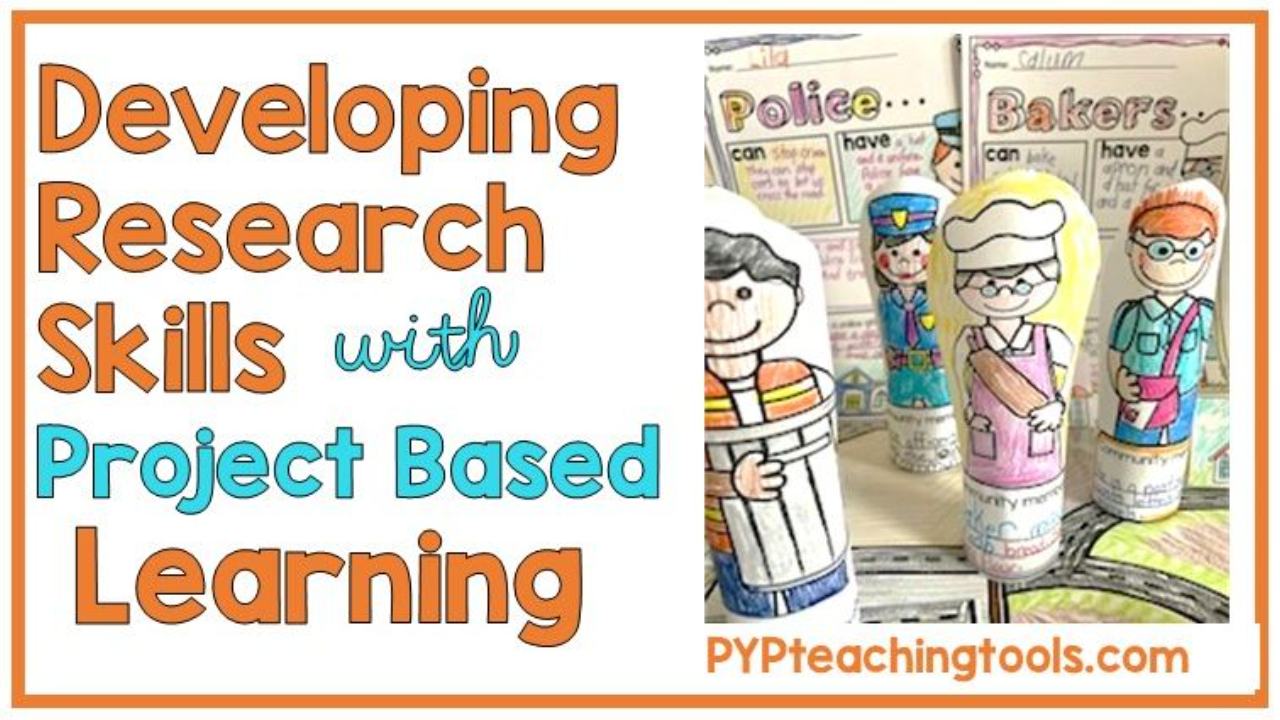
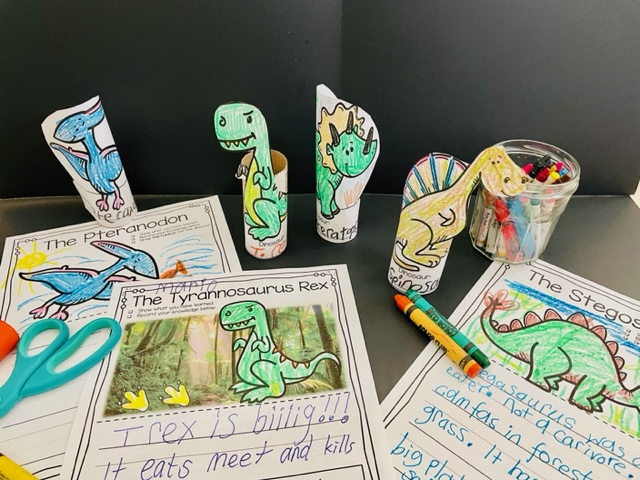
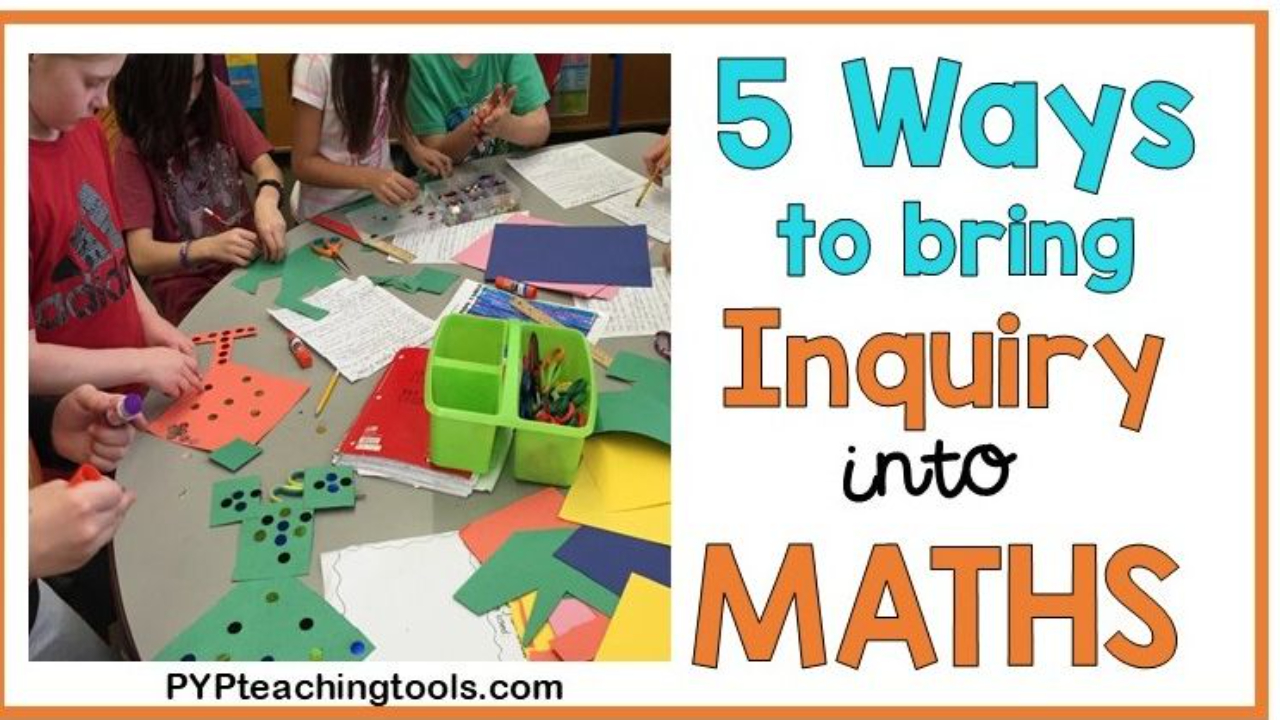
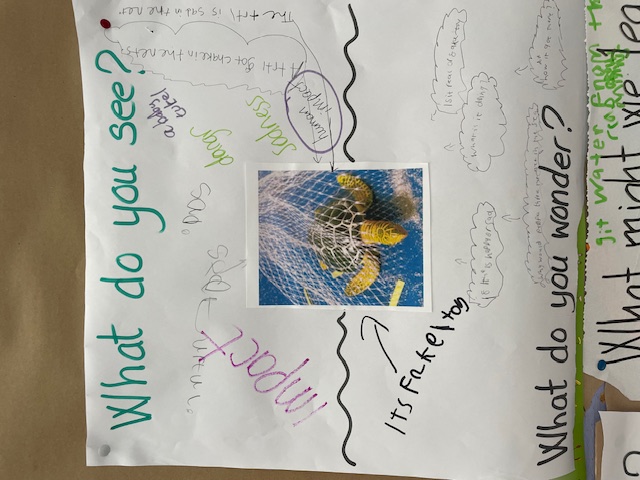
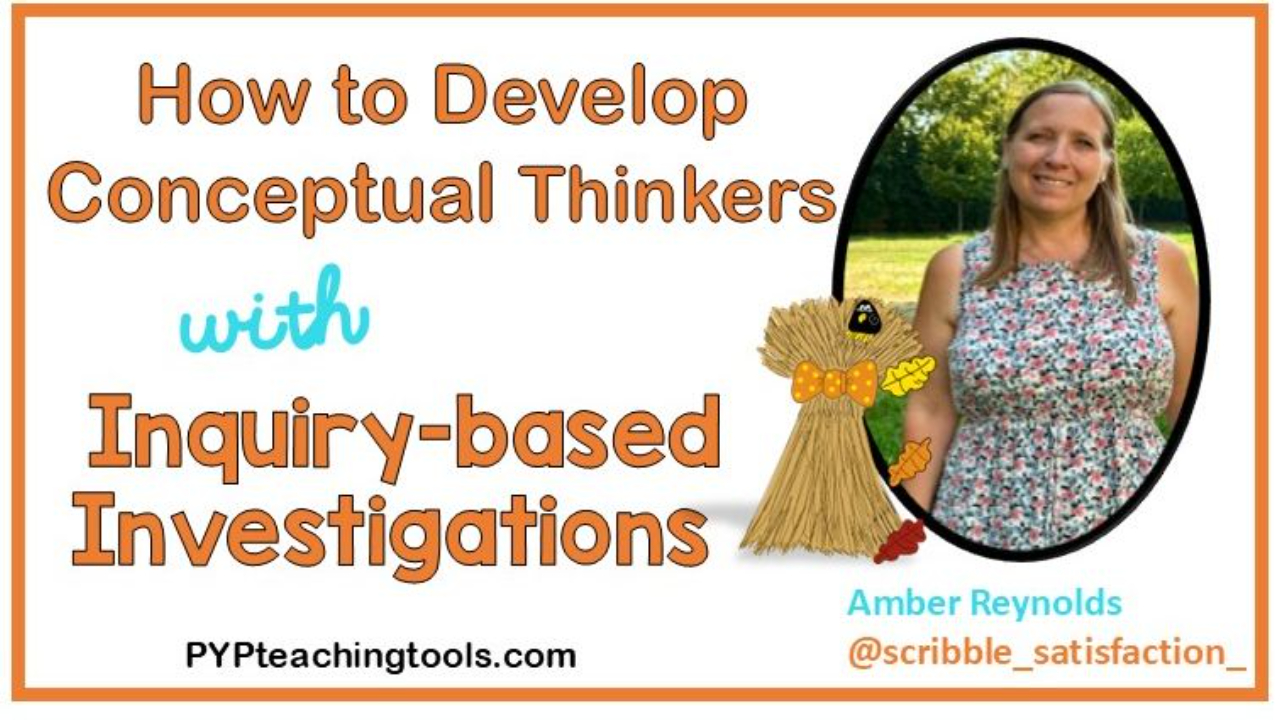
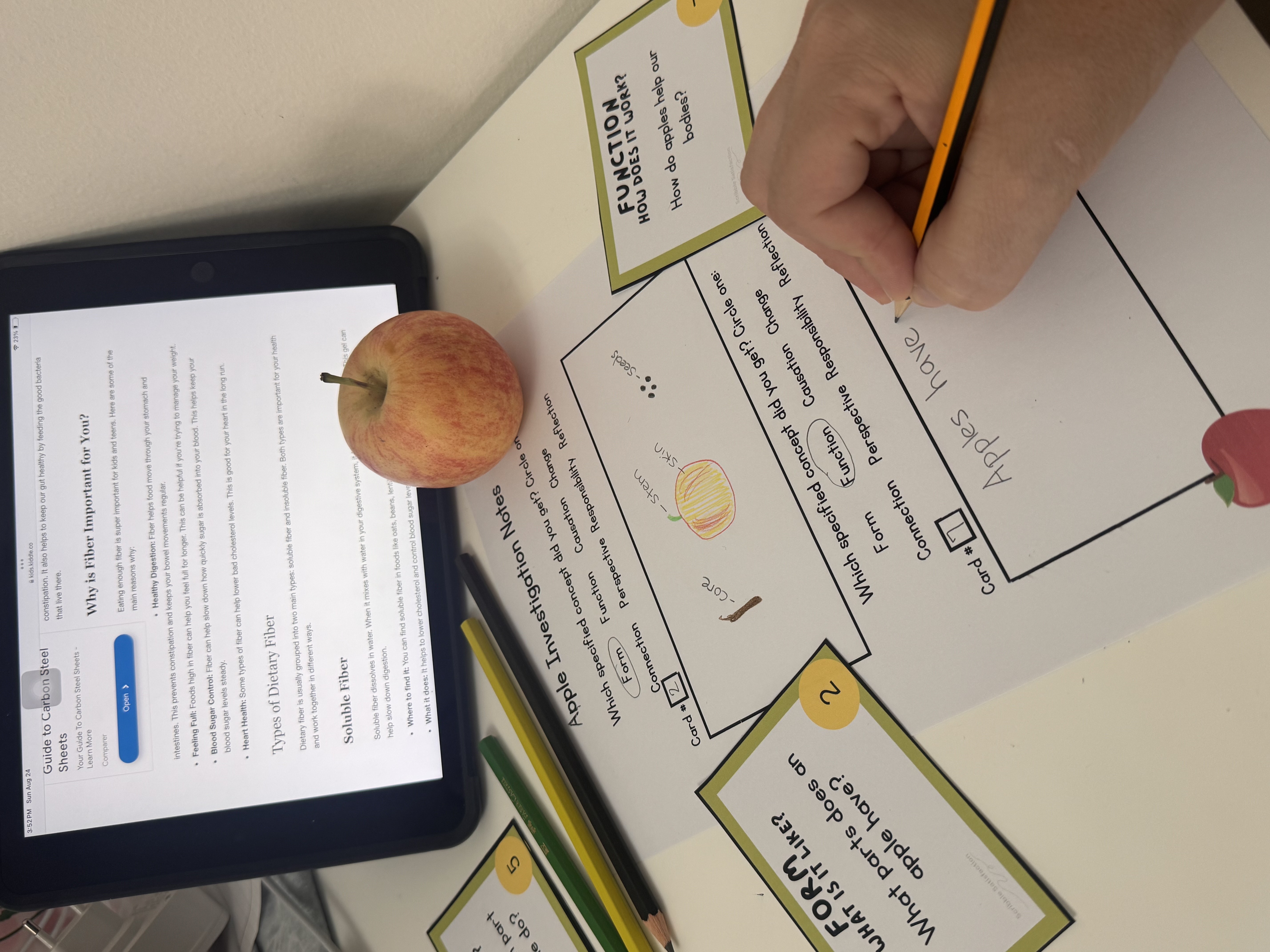

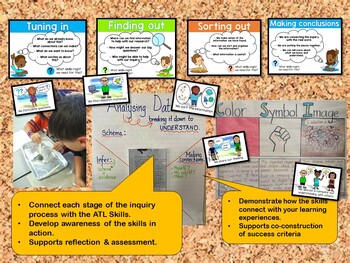


 themes. They were such a hit for students and teachers!
themes. They were such a hit for students and teachers!  This is an example of internalisation & classification in action.
This is an example of internalisation & classification in action. 



